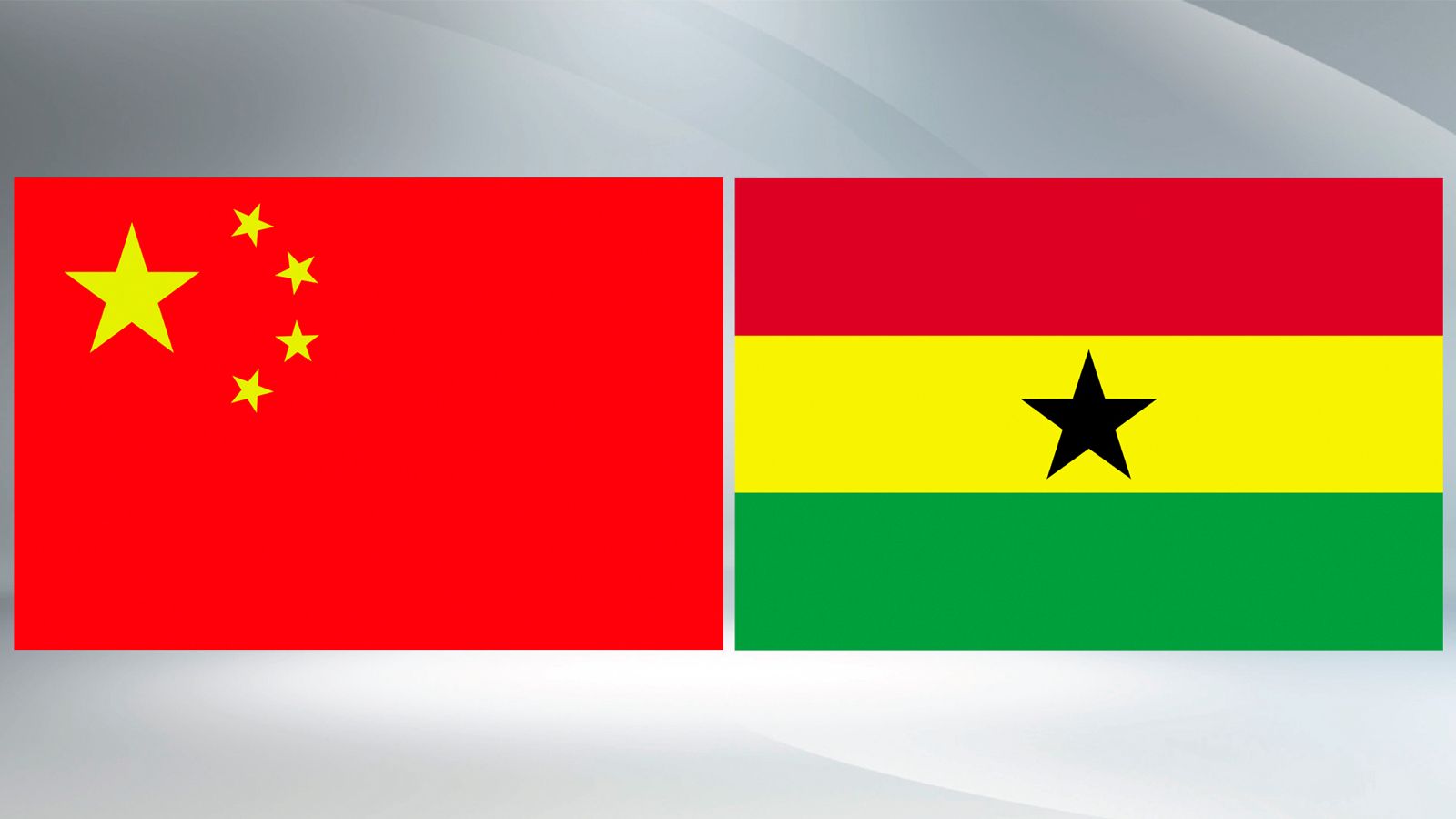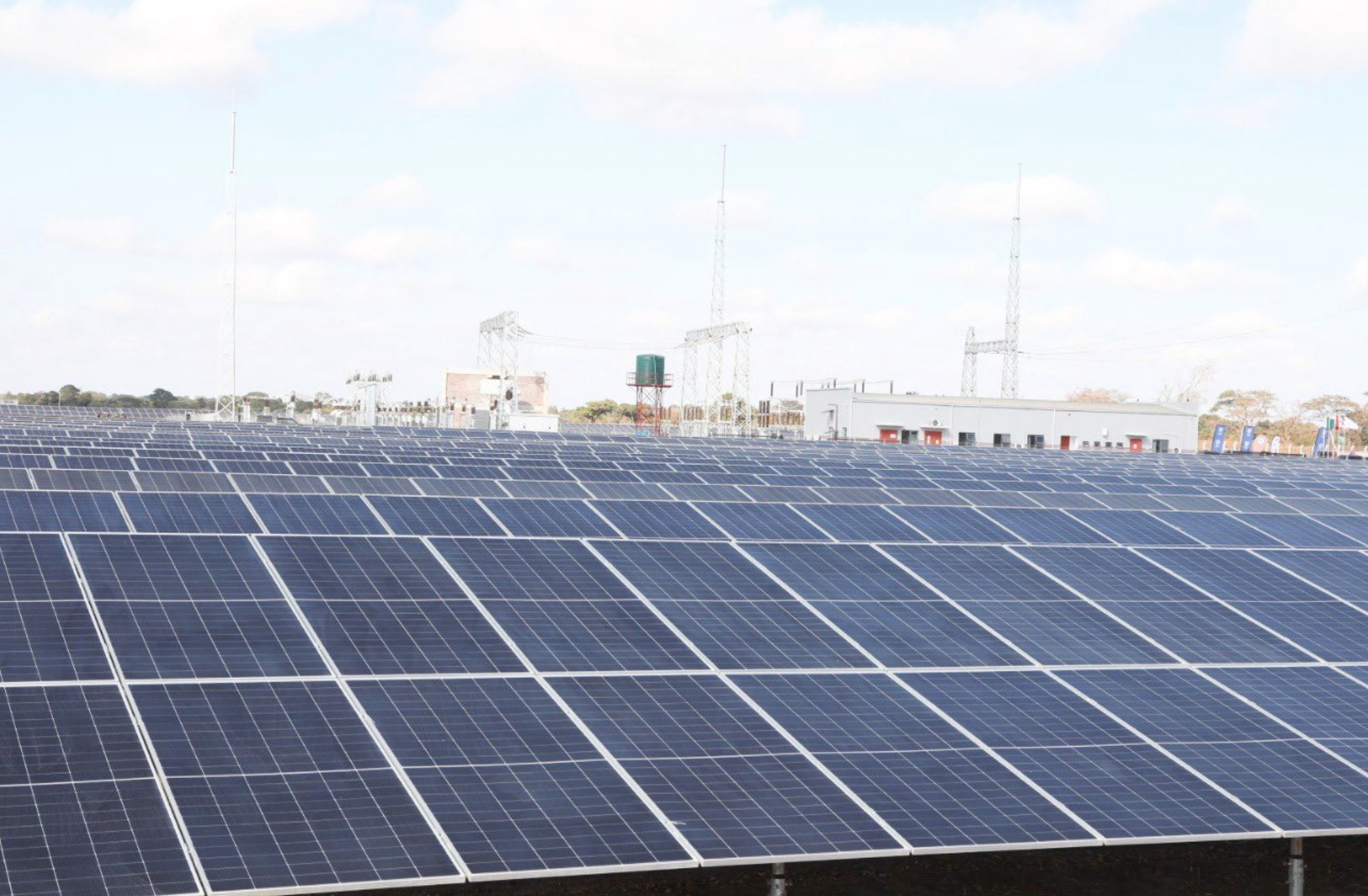
UNICEF says 700,000 children in Sudan at risk of worst form of malnutrition
The United Nations Children’s Fund (UNICEF) says 700,000 children in Sudan are likely to suffer from the worst form of malnutrition this year. Tens of thousands of them could die.
A 10-month war between government forces and the paramilitary Rapid Support Forces (RSF) has devastated the country’s infrastructure, prompted warnings of famine, and displaced millions of people inside and outside the country.
“The consequences of the past 300 days means that more than 700,000 children are likely to suffer from the deadliest form of malnutrition this year,” James Elder, spokesperson for UNICEF, told a press conference in Geneva.
“UNICEF won’t be able to treat more than 300,000 of those without improved access and additional support. In that case, tens of thousands would likely die.”
Elder defined the most dangerous form of malnutrition as severe acute malnutrition, which makes a child 10 more likely to die from diseases such as cholera and malaria. He said 3.5 million children were projected to suffer acute malnutrition.
UNICEF is appealing for 840 million U.S. dollars to help just over 7.5 million children in Sudan this year, but Elder deplored the lack of funds collected in previous appeals.
“Despite the magnitude of needs, last year the funding UNICEF sought for nearly three-quarters of children in Sudan was not forthcoming,” Elder said.
The United Nations on Wednesday urged countries not to forget the civilians caught up in the war in Sudan, appealing for 4.1 billion U.S. dollars to meet their humanitarian needs and support those who have fled to neighbouring countries.
Half of Sudan’s population – around 25 million people – need humanitarian assistance and protection, while more than 1.5 million people have fled to the Central African Republic, Chad, Egypt, Ethiopia and South Sudan, according to the United Nations.






